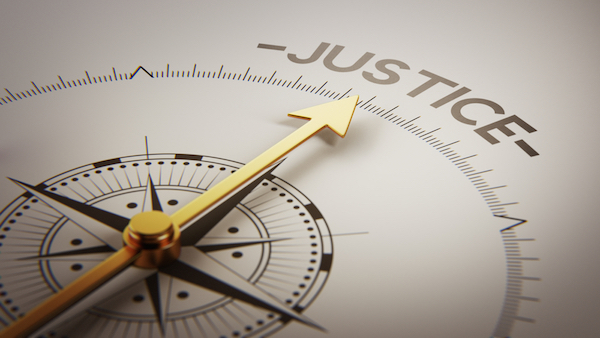Changing the Meaning of Access to Justice
Originally posted on LinkedIn.com
The Supreme Court of Canada, in BC v Christie, provided the foundation upon which the definition for the phrase ‘access to justice’ has been built. In that case, BC lawyer Dugald Christie argued that taxation on legal services unfairly restricted access to the legal system contrary to Canadians’ Constitutional rights. He was met with the decision that, essentially, access to justice did not include the right to a good lawyer. I would argue that it is time we reexamine the definition of ‘access to justice’ which shaped both this decision and the concept’s entire evolution.
On the back of BC v Christie, the legal system and the institutions upon which it rests have built a definition of access to justice that goes something like “access to justice is being able to access and use the legal system”. Great debate has gone into what level of access there should be, how individuals should interact with the system, and what purpose the legal system should serve. Some of the best legal minds and brightest social advocates have fought long and hard to improve the system so that individuals can access information, understand legal processes, and navigate the court structures.
Unfortunately, I believe these efforts are still missing the mark. It’s not that there’s no purpose or benefit to this work. Quite the opposite, as ‘access to the legal system’ is a laudable and meaningful goal. It’s just that it isn’t quite ‘access to justice’. True access to justice is access to the result.
Justice is not information about a court form, a legal resource book or a low cost lawyer. Justice is when the system sees you in need and responds. Justice is when the collective of society looks at the wrong done to one of its members and rectifies it. Access to justice is being able to access a favourable and rectifying solution from the legal system when you have been wronged.
Of course, it is much easier to put out an information pamphlet, or put tax dollars into a legal aid clinic, than it is to create real access for the public to meaningful action from the legal system on their behalf. However, it is it not impossible, and it is not necessarily unprofitable. By rethinking the entire ‘access to justice’ paradigm, I believe new thinking about the possible solutions will emerge.
Access to the legal system remains an overwhelming challenge, worthy of significant time and effort. However, more thought needs to be put into how to help individuals access the solutions. Focus should turn to equalizing the playing field between parties in court, empowering individuals to confidently pursue legal remedies despite their lack of resources, and developing new ways to monetize legal service delivery to provide a greater range of service options.
Overall, though information is helpful, and access to the system is hugely necessary, at the end of the day there’s only one thing people are really looking for. If someone feels they have been wronged, the only thing they really want is to have it made right. It is time for the legal system to acknowledge that this is the real goal of access to justice, and to start concentrating their efforts on turning that goal into a reality. I truly believe that doing so can be a benefit to the legal industry, an enormous help to individuals, and a systemic improvement to our society.

